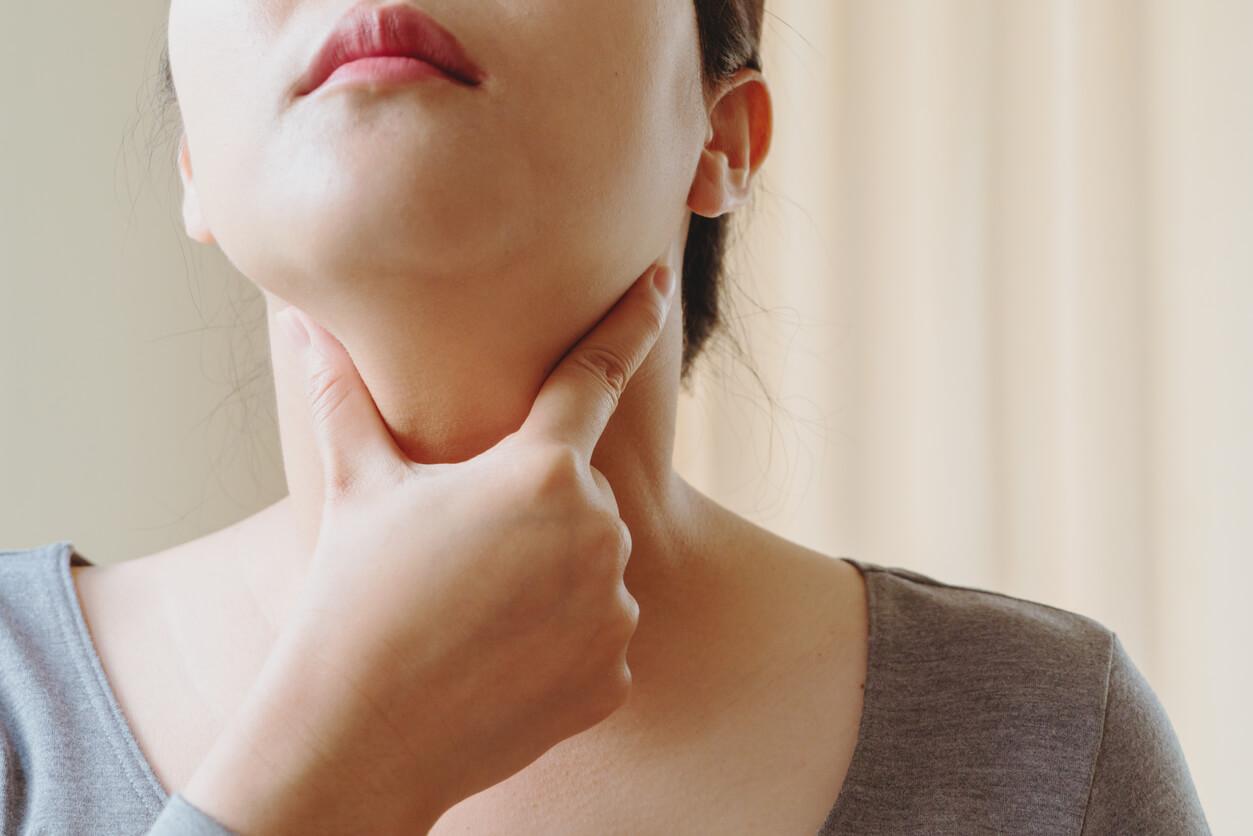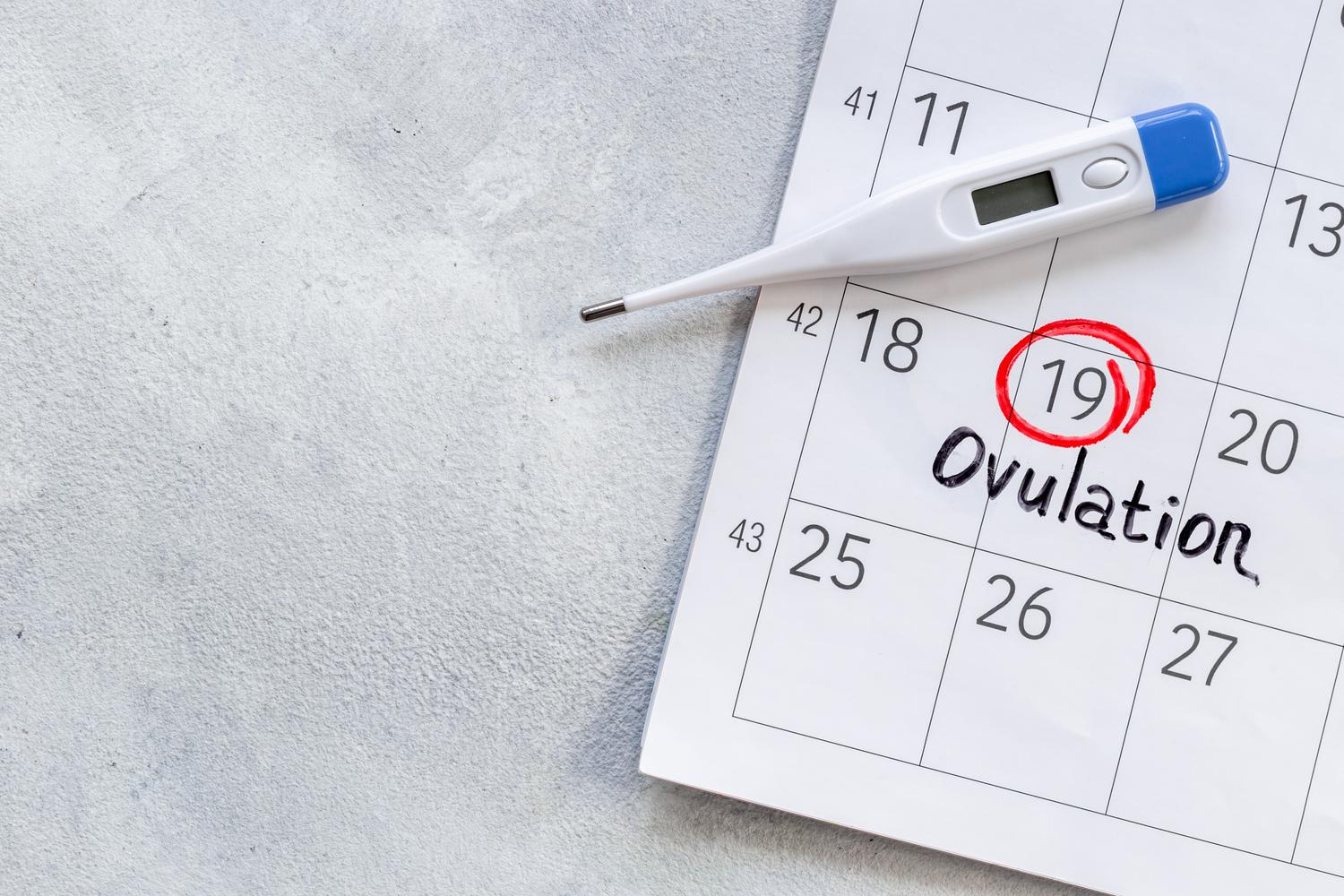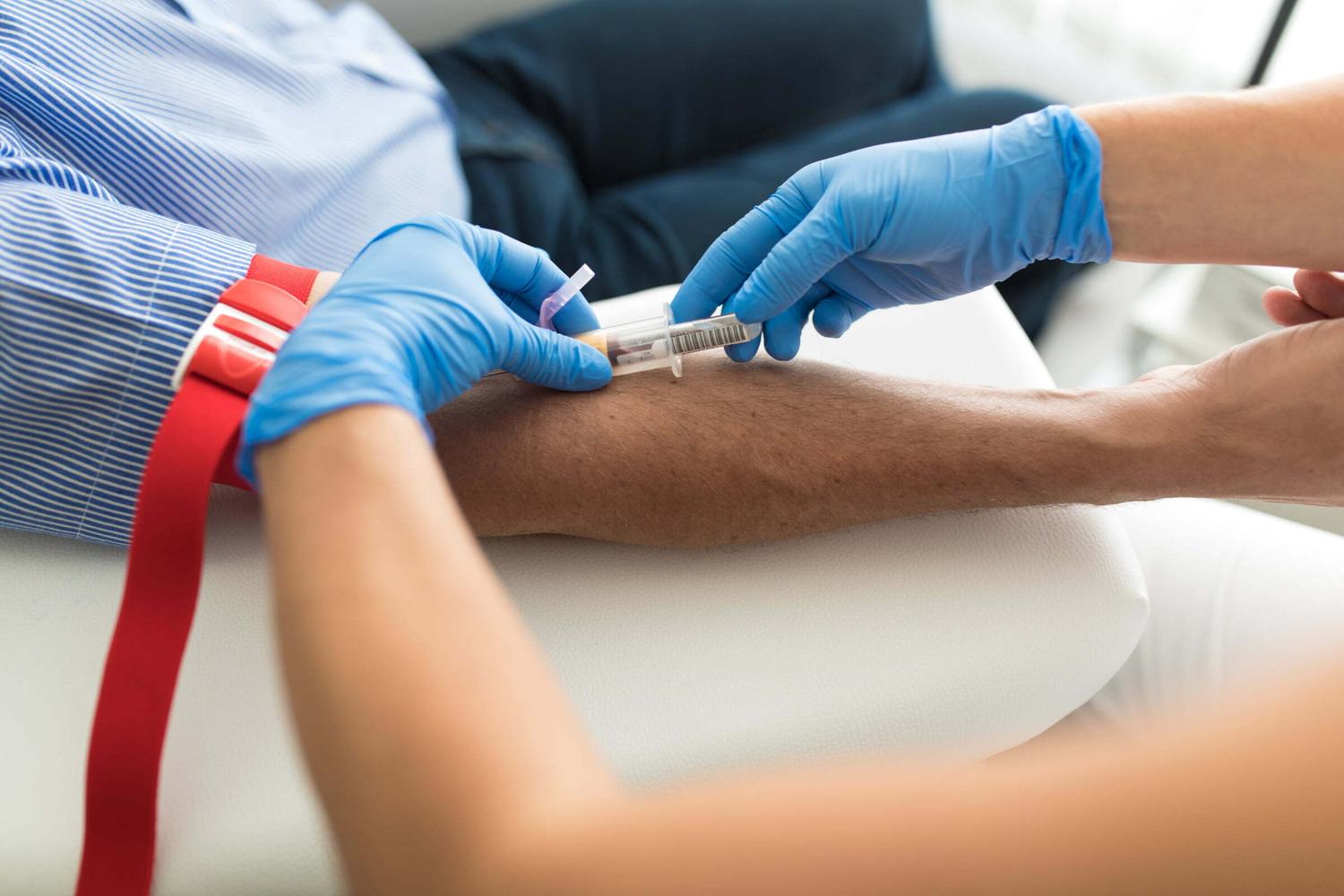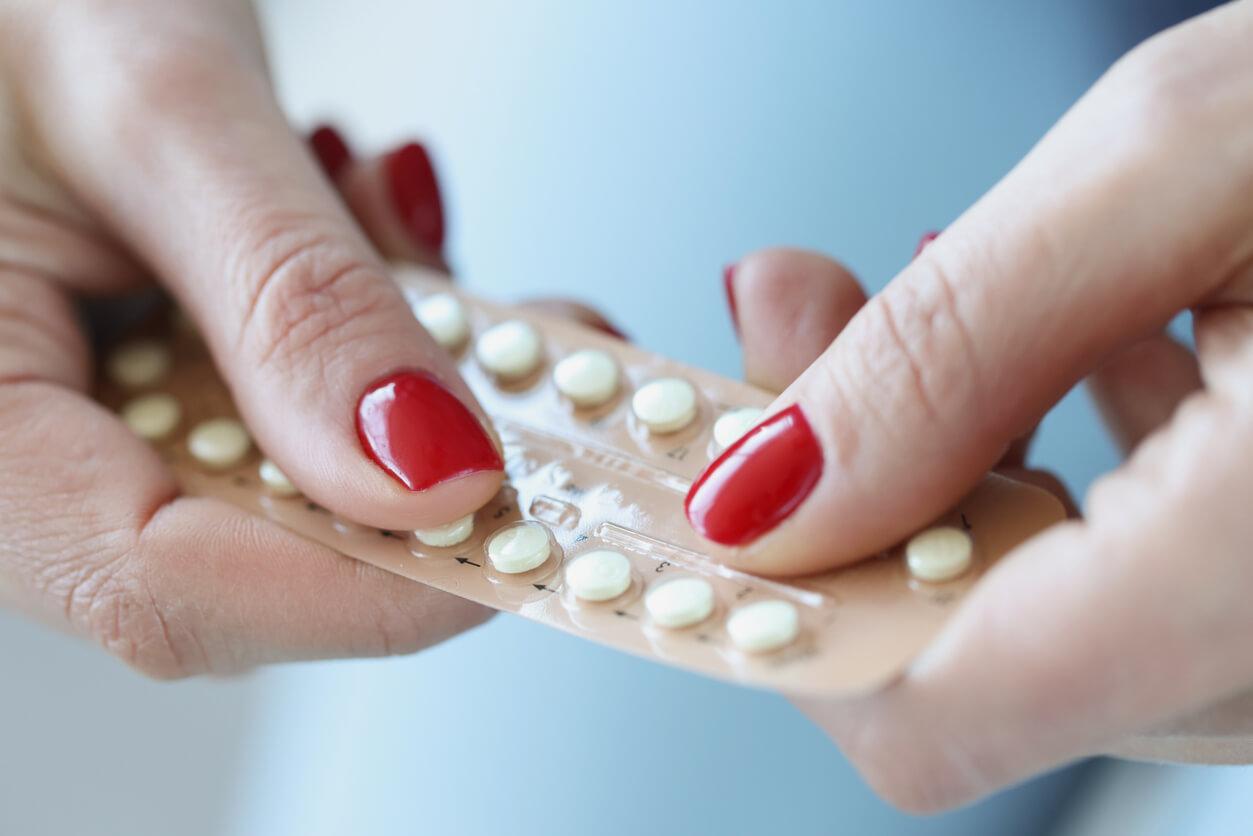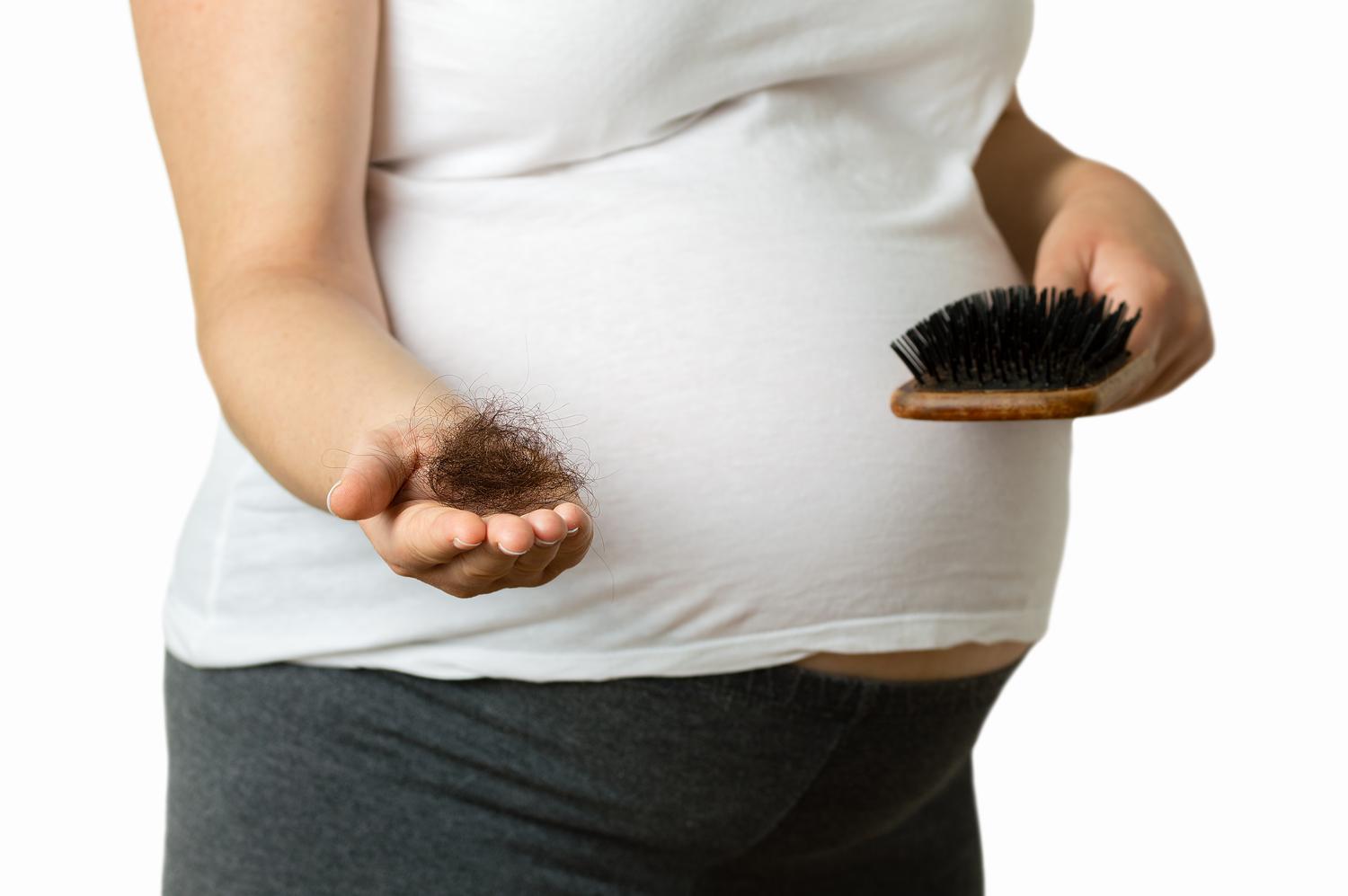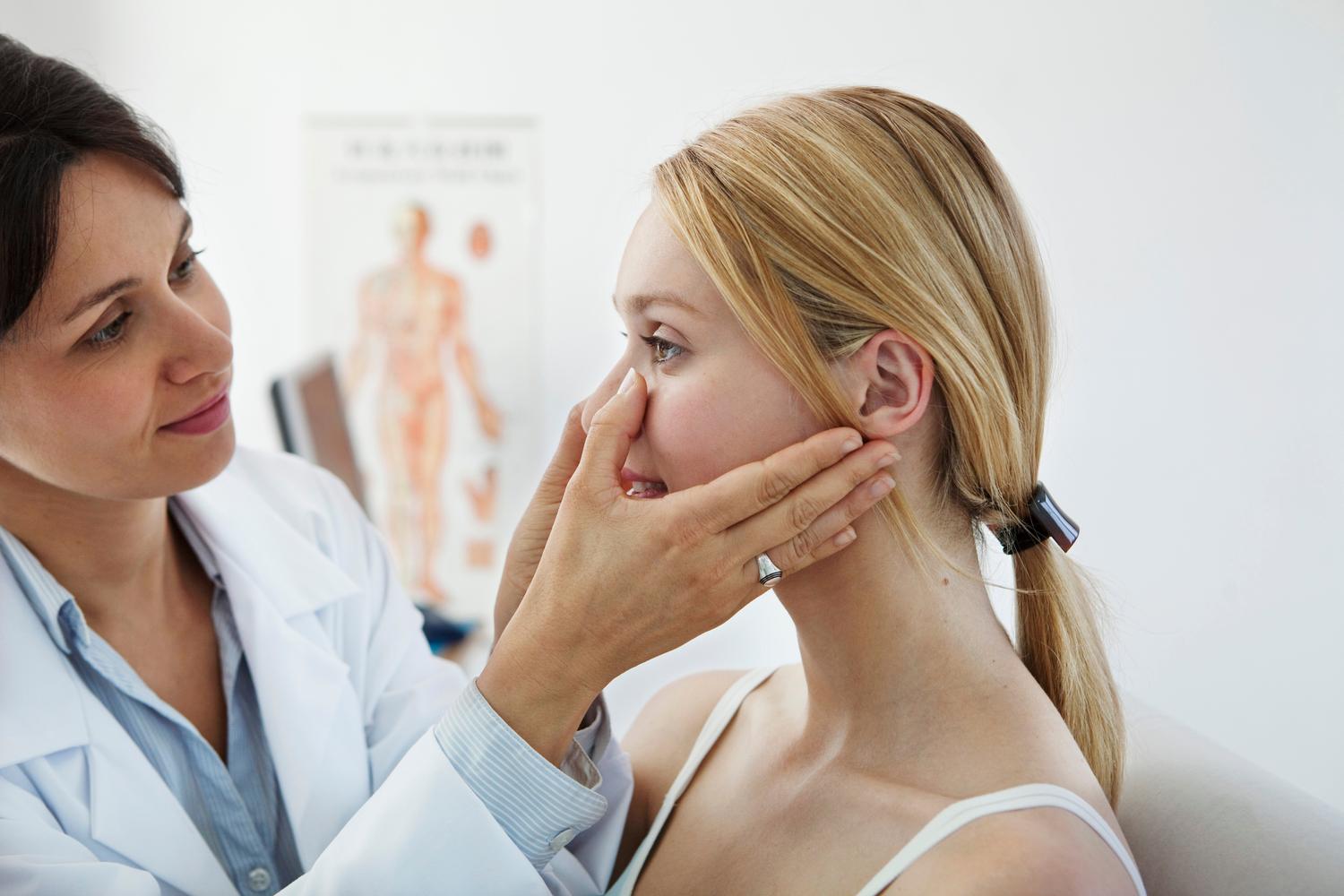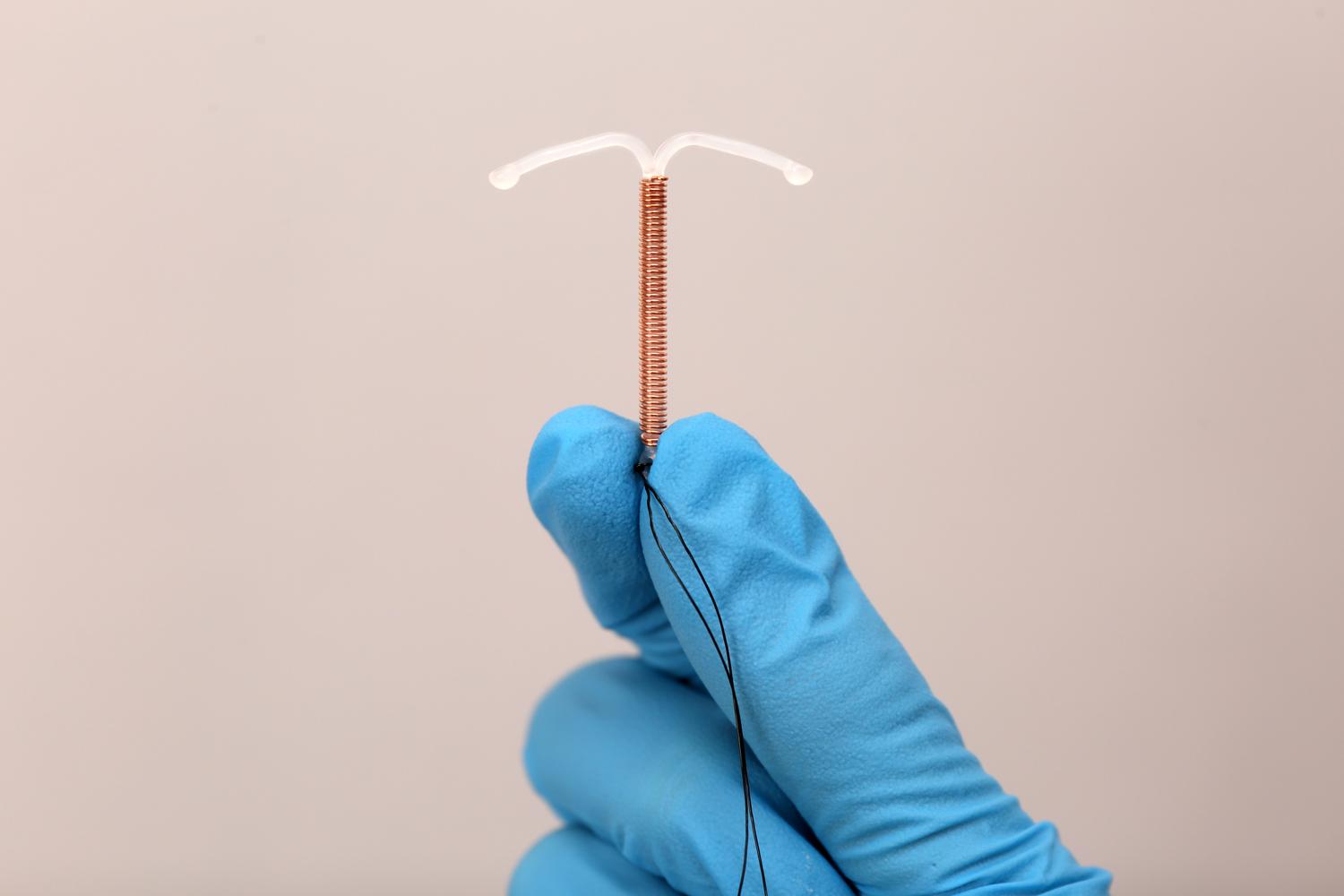When Does Menopause Start? Age, Signs, Stages and Treatment
Key Takeaways:
- Menopause happens when ovaries stop producing certain hormones, causing the menstrual cycle to permanently end. A person reaches menopause after they have gone 12 consecutive months without a period.
- Menopause typically starts in your late 40s to mid-50s, with most women experiencing it around age 51.
- Common symptoms of menopause can include hot flashes, night sweats, insomnia, mood changes, vaginal dryness and a lower sex drive.
Navigating menopause: Age, stages, symptoms and treatments
Our bodies undergo a sea of changes as we age. Some changes are easier to identify than others — for instance, those first gray hairs or fine lines. Other changes, like menopause, can be harder to recognize or predict.
If you're beginning to experience symptoms like night sweats or irregular periods, you may be wondering if you're starting menopause. In this article, we'll delve into what menopause is, its different stages, when it begins, common symptoms and effective ways to manage them.
What is menopause?
Menopause is when 12 consecutive months have passed since your last period without another cause, such as pregnancy or surgical removal of the uterus (hysterectomy). It happens due to decreased reproductive hormone production by the ovaries. The decrease in hormones, like estrogen and progesterone, causes the menstrual cycle to permanently end.
Menopause marks the end of a woman's reproductive years and is a normal part of every menstruating individual's life. Around 1.3 million women* in the United States enter menopause each year.
The stages of menopause and how long they last
Menopause doesn't happen overnight. If menopause is a journey, think of perimenopause as the first destination and postmenopause as the last.
The three stages of menopause are:
- Perimenopause: Your body prepares for menopause during a transitional period known as perimenopause. During this stage, the number of ovarian follicles drops significantly. These are tiny sacs in the ovaries that hold and release eggs. The ovaries also slow their hormone production, leading to changes in the menstrual cycle. Typically, perimenopause begins between the ages of 45 to 55. On average, perimenopause lasts seven years.
- Menopause: In time, periods stop completely. A person reaches menopause after going an entire year without menstruating, without another underlying cause. On average, people reach menopause between the ages of 51 and 62. Since menopause marks a specific moment in time, it is the shortest stage.
- Post-menopause: Post-menopause refers to everything that comes after menopause. On average, women spend over 30 years in post-menopause. In most cases, menopause symptoms tend to end within 1 to 6 years after menopause.
At what age does menopause start?
Menopause typically starts in your late 40s to mid-50s, with most experiencing it around age 51 in the United States. Several factors can influence the timing of menopause, causing it to start earlier or later than average. When menopause starts before the age of 45, it is considered an early or premature menopause.
Factors that could lead to an early menopause can include:
- Genetic or family history, particularly if a person's mother experienced early menopause
- Smoking
- Regular, intense physical activity
- Low sun exposure
- Starting their menstrual period before the age of 11
- Multiple pregnancies
- High blood pressure (hypertension)
- Insufficient caloric intake
Factors that could lead to a later menopause can include:
- Alcohol consumption
- Regular, light physical activity
- High caloric intake rich in fruits and protein
- Multiple births
- Late first pregnancy
- Life-long irregular menstrual cycles
- The use of oral contraceptives (birth control)
Not everyone enters menopause naturally. In some cases, menopause can result from certain surgeries and treatments, like chemotherapy. This is known as induced menopause. In these instances, the exact age and duration of perimenopause and menopause can vary significantly.
Common symptoms of menopause
Menopause symptoms can be varied and disruptive; some women experience symptoms for years, while others may only experience them for several months. Around 4 in 5 women experience at least one or more symptoms during their menopause transition.
Common symptoms of menopause may include:
- Vasomotor symptoms (VMS), such as hot flashes, hot flushes and night sweats
- Depression, anxiety and mood swings
- Difficulties concentrating and brain fog
- Heart palpitations
- Trouble sleeping
- Vaginal dryness, sexual discomfort and a lower sex drive
- Amenorrhea (the absence of a menstrual period)
- Weight gain
- Changes in skin, such as dryness, thinning and wrinkles
- Poor wound healing and decreased blood flow
- Reduced hair growth or hair loss and changes in hair texture
- Increase in facial hair growth
- Higher risk of osteoporosis, which causes weaker bones, during postmenopause
- Increased risk for heart disease during postmenopause
Certain factors can worsen your symptoms, including smoking, a sedentary lifestyle, being overweight, and some health conditions.
Early signs of menopause
Symptoms like hot flashes, irregular periods, and mood changes are typically one of the first signs of menopause, and usually begin during perimenopause as a result of a change in hormone levels.
Common signs and symptoms experienced during perimenopause can include:
- Hot flashes and night sweats
- Irregular periods or heavier menstrual bleeding
- Depressed mood
- Irritability
- Difficulty sleeping
- Poor concentration and focus
- Decreased libido
- Tender breasts or breast growth
- Headaches
- Urinary incontinence
If you think you have perimenopausal symptoms, talk to your healthcare provider or gynecologist. They can help offer treatment options, clarity and support during this transition.
Treatment options for menopause symptoms
The most common and effective treatment option to manage menopause symptoms is hormone replacement therapy (HRT). HRT works by replenishing the reproductive hormones (usually estrogen) that your ovaries produce less of during perimenopause.
There are two types of HRT: estrogen-only HRT and estrogen and progestin/progesterone HRT. Estrogen-only HRT is recommended for those who’ve had their uterus removed in a hysterectomy.
Hormone replacement therapy is primarily used to help with vaginal dryness, pain during sex, and hot flashes and night sweats.
Non-hormonal remedies can also help manage menopause symptoms, such as:
- A low dose of certain antidepressants, such as selective serotonin reuptake inhibitors (SSRIs) and serotonin and norepinephrine reuptake inhibitors (SNRIs)
- Getting enough sleep
- Eating a healthy diet
- Regular exercise and physical activity
- Using lubricants and suppositories to help with vaginal dryness
- Staying cool, when possible
- Taking calcium Supplements
- Practicing self-care
- Drinking enough water each day, around 11.5 cups a day for women.
Maintaining a healthy diet and exercise routine can help prevent cardiovascular (heart) disease and osteoporosis. Certain lifestyle changes, such as smoking cessation and limiting alcohol, can help manage symptoms.
How Sesame can help
Navigating menopause can be challenging and identifying when it starts is an important first step. If you are experiencing what you believe to be menopause symptoms, Sesame offers an affordableonline menopause subscription for diagnosis and treatment from a licensed medical provider.
Simply answer some questions about your medical history, schedule a same-day video visit with a provider of your choice on your schedule, and discuss your symptoms during your call.
Your provider can order lab work (included in the subscription price) to determine what's causing your symptoms, and can prescribe a range of treatments — including hormonal and non-hormonal therapies — to help you find fast, affordable relief.
*A note about sex and gender: Gender and sexuality are part of a broad spectrum. Please note that in the case of this article, the terms “men” or “male” and “women” or “female” are referring to sex assigned at birth.*


